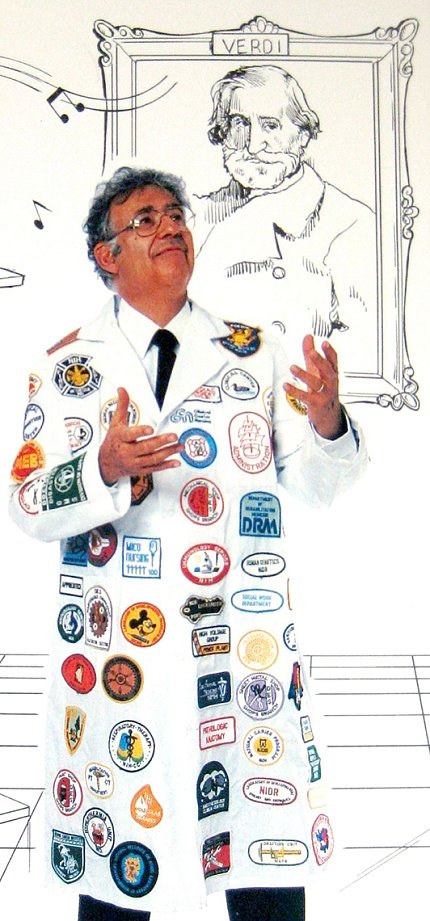Former CC Leader Rosen Mourned

Dr. Saul Rosen, whose 35-year career was spent entirely at NIH, died peacefully at home on Feb. 28 at age 90. Named deputy director of the Clinical Center in 1984, he became acting CC director in 1990 and remained there until his retirement in 1994.
Rosen earned undergraduate and medical degrees from Harvard and got his Ph.D. in biochemistry at Northwestern University. He came to NIH in 1958 after a residency in internal medicine at the University of California, San Francisco.
He spent 2 years as a clinical associate in what was then the National Institute of Arthritis, Metabolism and Digestive Diseases, then studied for a year on sabbatical in London. He returned to NIH in 1961, becoming a senior investigator in the Clinical Endocrinology Branch, where he worked on Bldg. 10’s 8 West before being named CC deputy director in 1984. His research during those years involved the inappropriate production of hormones by tumors and the body’s production of placental proteins in general.
Rosen was known for his love of opera, chocolate and the Clinical Center, a building in which he spent virtually his entire career. “The CC stands for more than the Clinical Center to me,” he said in a retirement interview. “It also represents competency and collegiality. And I hope that’s what we have been.”

Rosen was proud of his clinical white coat, which was festooned with patches from different CC departments. He presided with pleasure over Clinical Center Grand Rounds for years, taking as much delight in introducing a new investigator as he did in presenting what he called “a heavy-hitter” to the crowd.
As an administrator, Rosen was fond of the sticky-note—handwritten messages that were both encouraging and frequent. He oversaw a period of growth and medical advances at the Clinical Center that included the AIDS epidemic, gene therapy, early immunotherapy and the initial planning for what would become the Mark O. Hatfield Clinical Research Center.
Rosen also spent more than 20 years working at Prince George’s County General Hospital, where he attended rounds for a month each year.
In retirement, he pursued his favorite pastimes of listening to opera and sending citations of new word usage to the Oxford English Dictionary.
Rosen is survived by his wife of 30 years, Deborah Kieffer; his three children Craig Rosen, Dr. Laura Rosen and her husband Jonathan Zerkowski, and David Rosen and his wife Elisabeth Rosen-Arevalo; and three grandchildren, Jillian and Madelyn Zerkowski and Liam Rosen-Arevalo.
There will be a celebration of Rosen’s life this spring.
